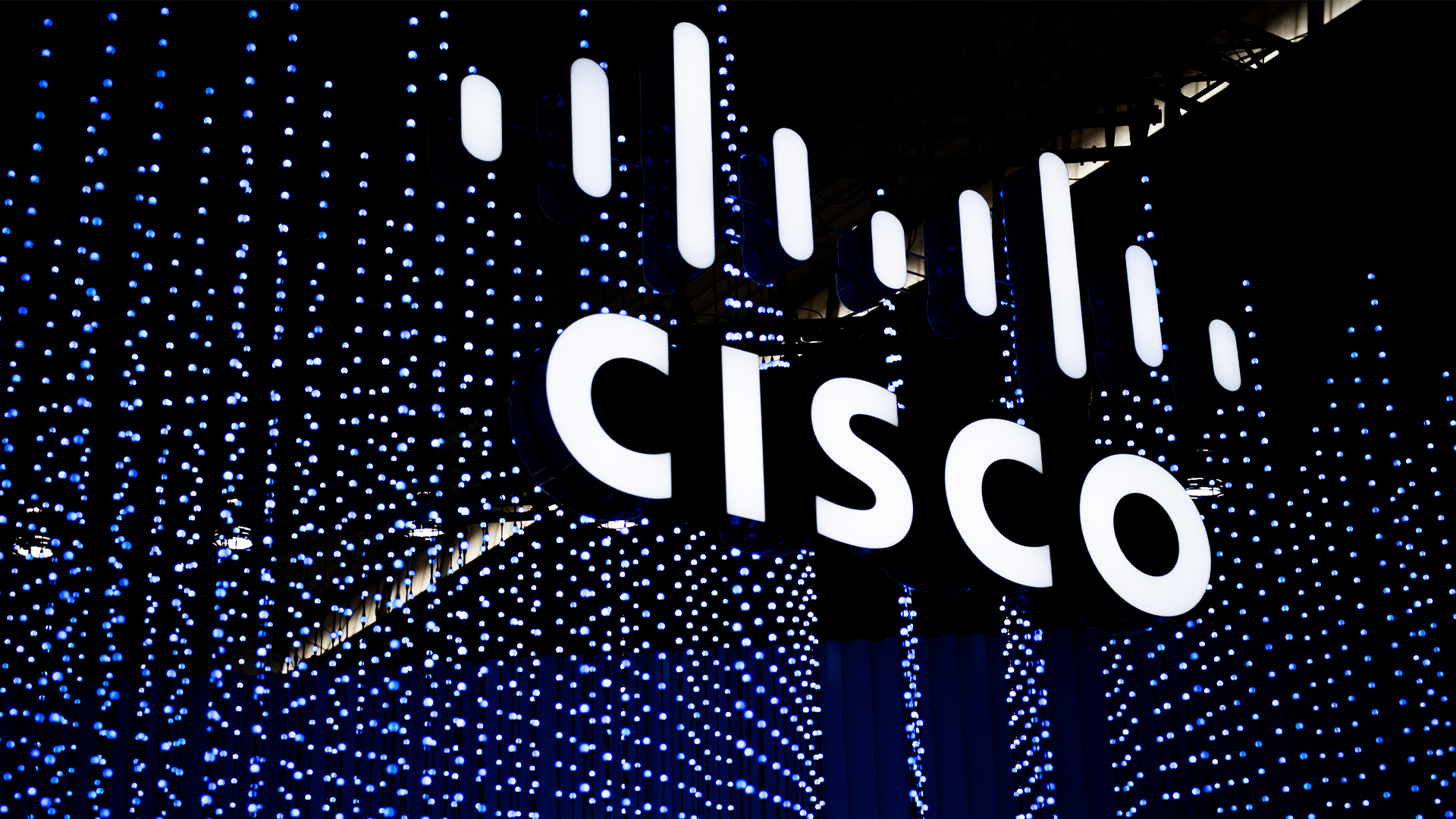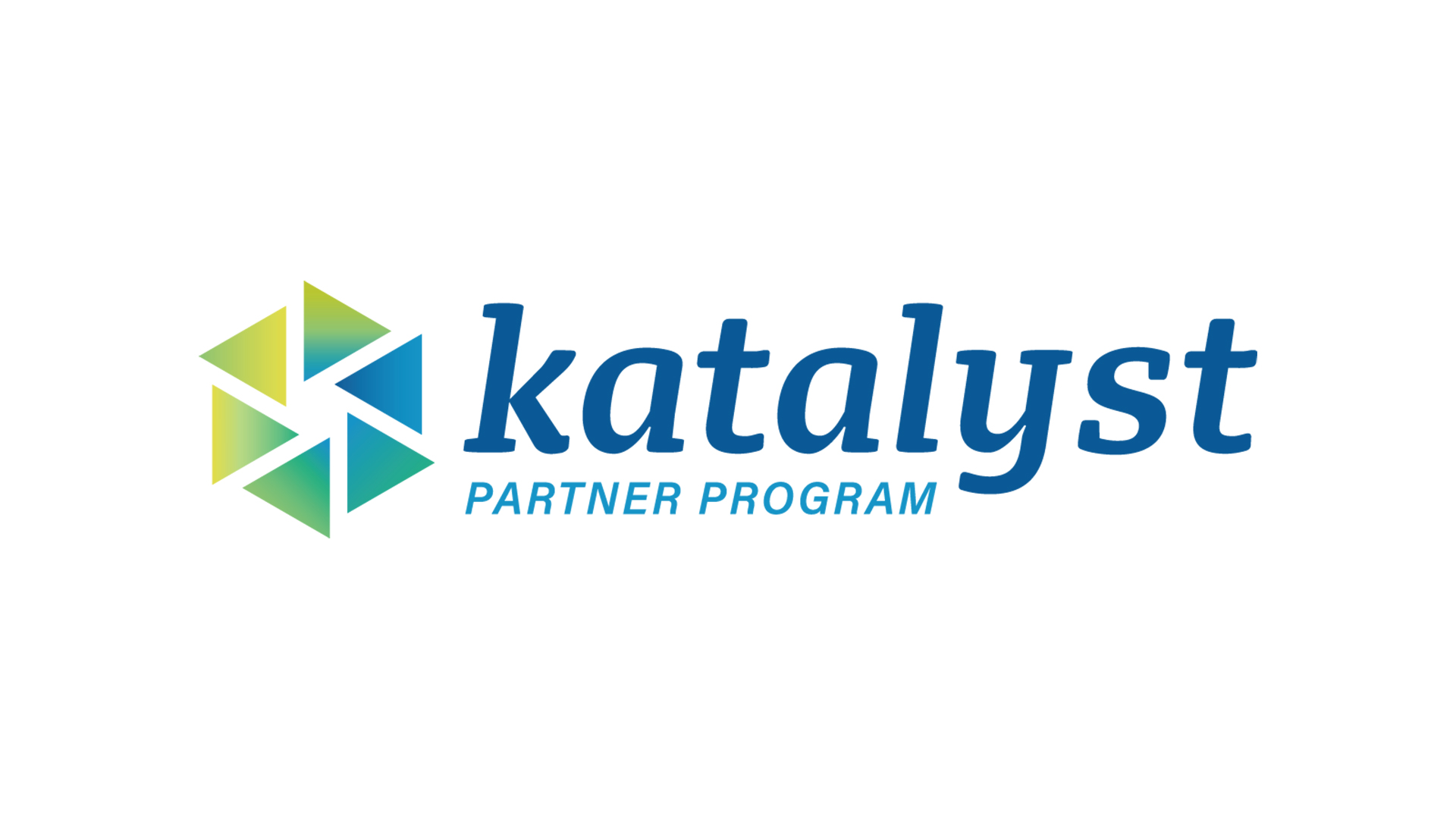How geopolitical turbulence has rocked the channel
Paul Sweeney asks whether Brexit and trade wars have sparked change or just highlighted pre-existing trends

May you live in interesting times. It's an ancient Chinese proverb, seemingly a blessing, but one that is supposed to be used ironically. The implication is that 'interesting times' are marked by an absence of peace, tranquillity and prosperity.
John F Kennedy popularised the proverb in a 1966 speech in South Africa, saying: "There is a Chinese curse which says 'may he live in interesting times'. Like it or not, we live in interesting times. They are times of danger and uncertainty, but they are also the most creative of any time in the history of mankind".
From the country that birthed the phrase and their trade war with the US, to the ongoing Brexit machinations, the current geopolitical and macroeconomic environment has certainly proven to be a source of turbulence for the IT channel.
Transitioning to a services-led business model
Earlier in my career, I had a three-year stint in policymaking. An experienced colleague at the time said that governments are usually at their best when they're boring - slowly going about the business of running the country. The work may be boring, but necessary, like a tax tweak here or a regulation change there.
Contemporary domestic politics, however, can hardly be described as boring. The Spectator recently arranged an evening with the Brexit-backing MP Jacob-Reece Mogg. A thousand tickets went on sale and were snapped up within minutes. The event was as a result moved to the London Palladium, one of the biggest theatres in the West End of London - to listen to the views of a backbench MP. We certainly do live in interesting times.
But are these political events the reason for changes in the IT channel, or are they just accelerating pre-existing trends?
For some time, resellers have talked publicly about moving to a services-led business model or even transitioning to become a provider of managed services. The profit margin in selling hardware has for some time been on a slow downward spiral as the commoditisation of IT infrastructure applied downward pressure to margins.
ChannelPro Newsletter
Stay up to date with the latest Channel industry news and analysis with our twice-weekly newsletter
But the relatively slow pace of this change has allowed resellers the opportunity to plan for an orderly transition to a services-led business model that has ramped up at about the same speed as margins have decreased in hardware.
Irrespective of Brexit or trade wars, companies reliant on generating revenue solely based on the difference between how much hardware they can buy and sell are likely to be feeling the pinch. The IT channel is largely an import-led industry and as such is highly susceptible to currency fluctuations.
Throwing a spanner in the works
The unexpected result of the 2016 Brexit referendum, and the near 10% drop in the value of the pound against the dollar in the subsequent days and weeks, certainly injected some urgency as nearly all hardware profit evaporated from the screens of City FX traders.
Yet, the devaluation of the pound against the dollar is also a long-term trend. The five-year-high of 1.71 peaked and began falling in mid-2014 -- well before David Cameron won an unexpected parliamentary majority in 2015, compelling him to make good on a pledge to hold the referendum in the first place.
The US-China trade dispute, meanwhile, has certainly thrown another spanner in the works, adding yet further hardware costs at a time when UK resellers can ill-afford it. While this global game of economic brinkmanship plays out, UK resellers will be contemplating the extent that any hardware price increases can be attributed to tariffs that manufacturers pass onto their customers, and how much to absorb themselves.
Interestingly, we have been made aware of some vendors now shipping their hardware components from China into Russia for assembly, before entrance into the EU to avoid US tariffs. I'm sure this unexpected boon to Putin's Russia is an unintended consequence of Trump's 'America First' rhetoric.
Brexit may pale against tectonic disruption
We all have our fingers crossed that the ongoing 90-day truce results in a permanent agreement between Washington and Beijing. But it's the resellers, again, who have prioritised becoming a services-led business that are better placed to ride out these prices fluctuations.
Indeed, we're witnessing customers prioritising 'keeping the lights on' by utilising the expertise of our engineers, hoping a resolution to both Brexit and the US-China trade dispute is forthcoming. This will ideally lead to hardware costs normalising as tariffs are removed and the pound recovers lost ground post-Brexit.
I also find some comfort in President Kennedy's 1966 speech. I think we, too, live in one of the most creative moments in human history. Traditional industries, work practices and economic models are being disrupted by digital transformation, automation, robotics and AI. These forces combined are much more powerful than Brexit and trade disputes and will be with us for longer too.
The Western-capitalist model we live in is predicated on markets, competition and, ultimately, failure. The channel vendors, distributors and resellers who recognise that the tectonic plates have been shifting for some time and that their businesses need to move with them, will emerge as being in the healthiest positions in this new age.
Paul Sweeney is head of marketing with LAN3
-
 CISA issues warning in wake of Oracle cloud credentials leak
CISA issues warning in wake of Oracle cloud credentials leakNews The security agency has published guidance for enterprises at risk
By Ross Kelly
-
 Reports: White House mulling DeepSeek ban amid investigation
Reports: White House mulling DeepSeek ban amid investigationNews Nvidia is caught up in US-China AI battle, but Huang still visits DeepSeek in Beijing
By Nicole Kobie
-
 Cisco names Oliver Tuszik as global sales chief
Cisco names Oliver Tuszik as global sales chiefNews Cisco has announced the appointment of Oliver Tuszik as its new executive vice president of global sales, who replaces Gary Steele.
By Daniel Todd
-
 Katun targets accelerated growth, greater collaboration with new partner portal
Katun targets accelerated growth, greater collaboration with new partner portalNews Printing and imaging specialist Katun has announced the launch of its new Katalyst Partner Portal, designed specifically to drive channel collaboration.
By Daniel Todd
-
 ‘Here in the European market, I think we are in a good position’: DocuWare CEO Dr Michael Berger on the company’s rapid growth
‘Here in the European market, I think we are in a good position’: DocuWare CEO Dr Michael Berger on the company’s rapid growthNews ChannelPro sat down with DocuWare CEO Michael Berger to discuss the company's rapid growth and channel strategy.
By Bobby Hellard
-
 Group-IB launches partner program as channel-first strategy kicks off in Europe
Group-IB launches partner program as channel-first strategy kicks off in EuropeNews The vendor said the initiative reflects its commitment to building a resilient cyber security ecosystem across Europe
By Daniel Todd
-
 Datatonic eyes fresh growth drive with new CEO appointment
Datatonic eyes fresh growth drive with new CEO appointmentNews Datatonic has announced the appointment of Scott Eivers as its new CEO as the enterprise data and AI solutions provider looks to its next phase of growth.
By Daniel Todd
-
 Marketing talent brain drain could stunt channel partner success
Marketing talent brain drain could stunt channel partner successNews Valuable partner marketing skills are at risk of being lost as the structure of channel marketing teams continues to shift, according to new research.
By Daniel Todd
-
 LevelBlue launches new partner program that’s “built for the future”
LevelBlue launches new partner program that’s “built for the future”News The new partner initiative features a flexible, consumption-based model to help partners drive revenue
By Daniel Todd
-
 SonicWall pins ‘transformational year’ on strong partner growth
SonicWall pins ‘transformational year’ on strong partner growthNews The vendor’s channel-first strategy has fueled a 42% year-over-year increase in overall partner growth
By Daniel Todd